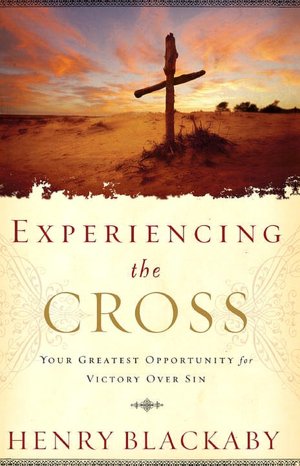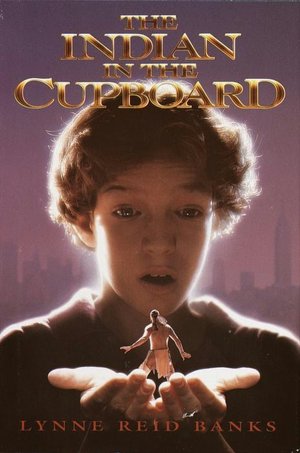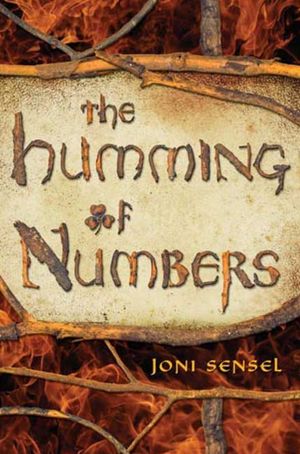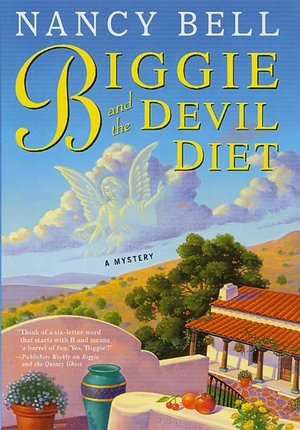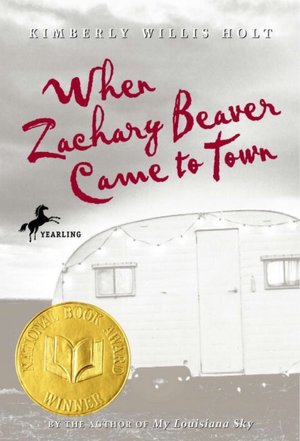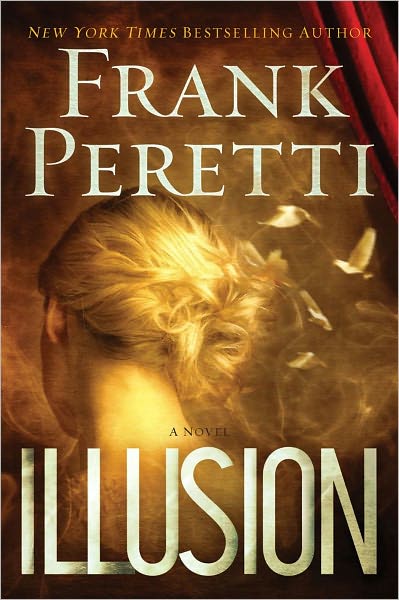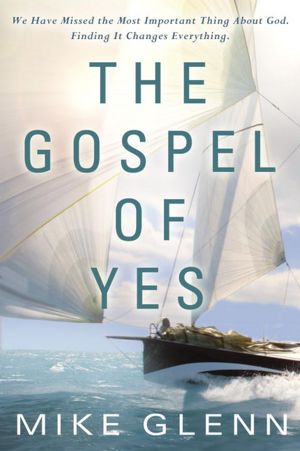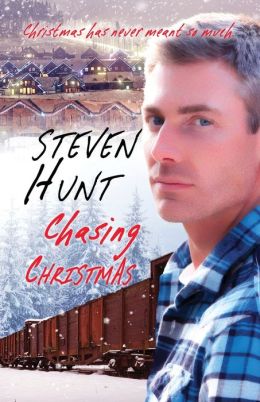
©2012 Harbour Lights, Aztec, NM
I want to get the review for this year’s Christmas read up
before Christmas. That way, if you are interested in a good book that’s set
during the Christmas season you’ll have time to snag a copy and read it during
the holidays. I know, I know, Christmas is just around the corner. But you can
do like I did and get an e-copy (they deliver immediately from all over the
wwweb). I must also admit that I have a special reason for touting this particular
book this particular Christmas. The author was my very first college roommate.
Yes, before either of us knew anything we roomed together in an early-enrolment
summertime program at Oklahoma Baptist University
(shout out to all our Academy ’80 buds). Since those days, both Steven Hunt and
I have grown up and had a variety of careers. Steve’s latest endeavors have
brought him to the arena of Christian fiction. And he’s pretty good at the
stuff.
One week before Christmas a despondent and down-hearted Teddy
Whitaker decides the best way for him to handle life is to make his disappear.
He’s lost his parents, his business, his daughter, his wife and his best friend
all in a matter of months. So the story opens with a very discouraged hero
aiming his vintage Camaro for the local ‘Dead Man’s Curve’ for one final ride.
What he gets is the ride of a lifetime.
Miraculously spared from his impending doom, Teddy must
learn three lessons from three unlikely teachers and make it home before
Christmas morning or he will be dead and never see his family again. Accepting
the stakes through a fog of doubt, Teddy decides to give it a try. After all,
he really has nothing to lose.
This story, along with the fact that it is a Christmas tale,
is a story of homage. In the vein of Dickens’ classic “A Christmas Carol” and
Frank Capra’s “It’s a Wonderful Life,” our hero interacts with otherworldly
beings that help him to move beyond himself and learn the most important
lessons in life. Hunt even pays special homage to some of these timeless
classics in the telling of the story, although the angel characters have no
knowledge of them. The book is also an honor to the author’s preacher uncle
(to whom the book is dedicated, whom I have met, and who makes his own appearances in the story from time to
time) who taught Hunt the very lessons that Teddy learns over the course of a
week. Finally, the greatest homage is paid to the King of kings about whom the
original Christmas story revolves.
This book has everything a good Christmas story should have:
action, suspense, romance, conflict, and a spiritual side as well. Thanks for
another good story to read by the Yule Log, my friend. You’ll be glad to
receive the four and one-half out of five reading glasses, and your readers
will want to get copies of this book to stuff all the Christmas stockings with.
For my readers, get a copy of this book for yourself and one for a friend, and
hop on over to the American
Christian Fiction Writer’s (ACFW) bookclub, join and vote for this book.
Merry Christmas—Benjamin Potter, December 20, 2012



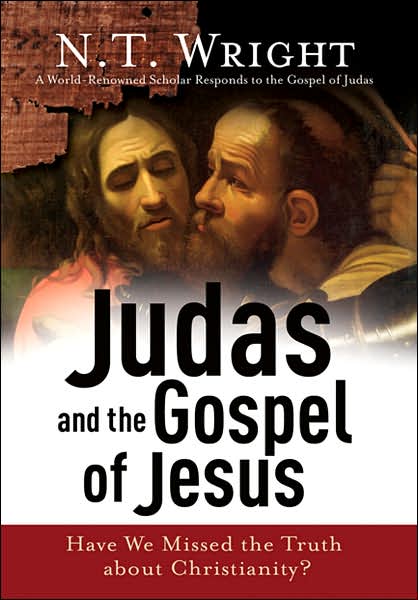

 Are you looking for a great stocking stuffer? Well here's just the thing. You can order my little Christmas story from
Are you looking for a great stocking stuffer? Well here's just the thing. You can order my little Christmas story from 